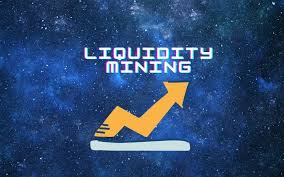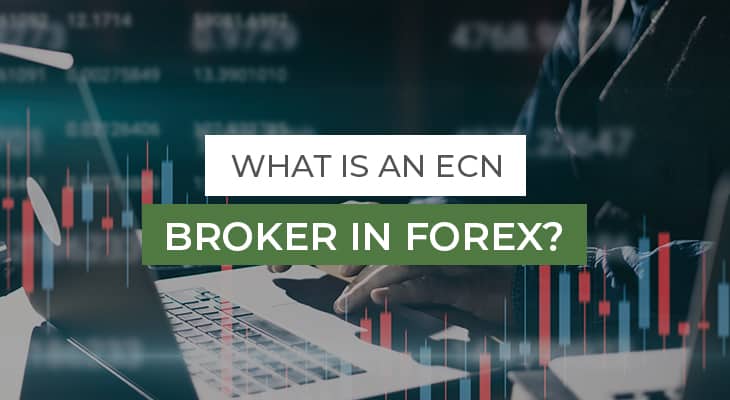
If you are one of the many people that own an Ethereum wallet and launched a few transactions on the Ethereum blockchain, then chances are you faced a long-running transaction. Some people even reported having to wait for hours, days, or even months, hoping their transaction would eventually be processed by the miners. If you have sent a long queue of multiple transactions, you may want to cancel or speed up the very first of them to avoid congestion. Once the first one completes or is cancelled, the rest will be able to finish the confirmation process. If the transaction has at least 1 confirmation in the block explorer, it has already been added to a block and cannot be cancelled or expedited.
- If you cancelled, you will see a transaction with a “0” amount, and the funds will be back in the wallet (minus gas fees).
- However, if this takes too long because network utilization suddenly spiked, then you might want to speed it up if you need.
- If you are using a different wallet, which might not support fluctuating gas prices, you can always set it manually, if your wallet allows it.
- In this article, we’ll explain how to speed up a stuck transaction that’s pending for a long time, or completely cancel a transaction.
If you received an “Out of Gas” error, you should avoid choosing the “average” fee tier when the network is congested. However, if this takes too long because network utilization suddenly spiked, then you might want to speed it up if you need. Next, select the gas speed (price) you would like to use to either cancel or speed up the transaction.
Polygon is a protocol and a framework for building and connecting Ethereum-compatible blockchain networks.
Essentially what replace-by-fee does is use the same nonce to broadcast a new replace transaction with a higher gas fee as miners always pick the transactions with higher fee (higher reward) to confirm first. Once the replace transaction (be it cancel or speed up) is confirmed on-chain, your previous pending transaction with the same nonce will be replaced and dropped. The Venly wallet automatically sets the correct gas price based on the network consumption, making it very easy for the user to get their transactions processed. Advanced users have the option to modify the gas price for their transaction; higher to get it processed more quickly or lower leading to a lower transaction cost but also slower processing time. This brings us to our solution, when you launch your transaction with a correct gas price, you set the sequence number to the same number as the long-running transaction.
We recommend cancelling the transaction over speeding up as it is not guaranteed your second transaction will actually replace your first one. Your first transaction could still be mined first, invalidating your second transaction. Choosing to replace a transaction with a new speed up transaction could lead to more confusion, or ETH spent unnecessarily in the form of gas.
Guide to transferring tokens from Polygon to Ethereum
Notice that the Estimated Confirmation Duration will show you how long it approximately takes for the transaction to confirm on the blockchain. If you chose “speed up”, you will see a brand new transaction that replaced the original. Once the gas amount has been selected, tap “Speed up” or “Cancel Transaction”, depending on what you want to do. In this 10min video below we create a ‘stuck’ transaction and show you how you can speed them up or even cancel them. After sending a transaction on MetaMask, a new transaction gets added to the queue.

Before clicking on the Speed Up button, click on the transaction and view the transaction details on the blockchain explorer. When you submit a transaction on the blockchain, you pay a gas fee usually in the blockchain’s native token. If you are using a different wallet, which might not support fluctuating gas prices, you can always set it manually, if your wallet allows it. To get an idea of the recommended gas price you can look at the gas tracker from Etherscan.
UniswapX introduces gas-free, MEV-protected cross-chain swaps.
This fee tends to automatically adjust itself based on market conditions — i.e. the demand for blockspace on the blockchain itself — but it can also be adjusted manually if the transaction is stuck for a long time by bidding to the network to process your transaction sooner. At the beginning of this post, I said that on the Ethereum blockchain transactions are being processed sequentially, meaning transaction #2 will be processed before # 3 and so forth. It is also not possible to process transactions with the same sequence number. For example, it is not possible to process 2 transactions that have sequence #3, one of them will be dropped. Since Ethereum transactions have to be processed sequentially, users can get completely stuck.
In other words, the longest-running transaction has to be processed before any more recent transaction from that wallet has a chance to be processed. You’d want to send in a transaction with a gas fee that allows it to be processed within the next several blocks. By clicking the Speed Up button, it will let you re-submit the same transaction, but with a higher gas fee that should allow the transaction to be processed faster. The process for cancelling or speeding up are very similar; however, there may be subtle differences depending on which wallet you are using. It essentially requires sending a brand new transaction, but with the same nonce as the pending one.
Your transaction will now be cleared from the wallet’s history, and you can try submitting a fresh transaction. When the transaction has completed, you will see it in the “History Tab” of your wallet. In the top box on the next page, you will see the gas amount that was used for the original transaction. At Venly we understand that this might sounds complicated, therefore we’ve added a Resubmit button that takes care of all the technical stuff.
UniswapX — Gas-free and efficient cross-chain swaps
The transaction with the higher gas price will be picked up sooner, meaning the sequence number will be processed, and cause the long-running transaction to be dropped because its sequence is outdated. Ethereum transactions are not being processed because they are not getting picked up by a miner. Miners receive the transaction and code-processing fees (gas) for each block of transactions they process as part of their reward. If your transaction is not being mined, it means there are enough other transactions on the network willing to pay a higher fee to the miners to get processed. Thus, if the network is very busy, the transaction costs will be higher and vice versa.

Easy, you just relaunch the same transaction, but this time with a higher gas price, high enough so it will be picked up. Now you will have two transactions almost identical, one with a low gas price and one with a high gas price. The only problem left to solve is to make sure, that only one gets processed at the end.
You can choose from two pre-selected amounts, or the original amount used + 30%, or a custom amount. In this article, we’ll explain how to speed up a stuck transaction that’s pending for a long time, or completely cancel a transaction. Refer to this FAQfor more details on how to clear the pending nonce by customizing the nonce value manually.
OR If the transaction cannot be found on the block explorer, then it has not been broadcasted. If you cancelled, you will see a transaction with a “0” amount, and the funds will be back in the wallet (minus gas fees). Luckily yes, Venly Wallet, will analyze your transaction and set an average gas price, which you can modify easily to speed up or slow down your transaction. We generally do not advise lowering the gas price as this can result in long-pending transactions. So what if you have launched a transaction with a gas price that is too low to be of any interest to the miners.










